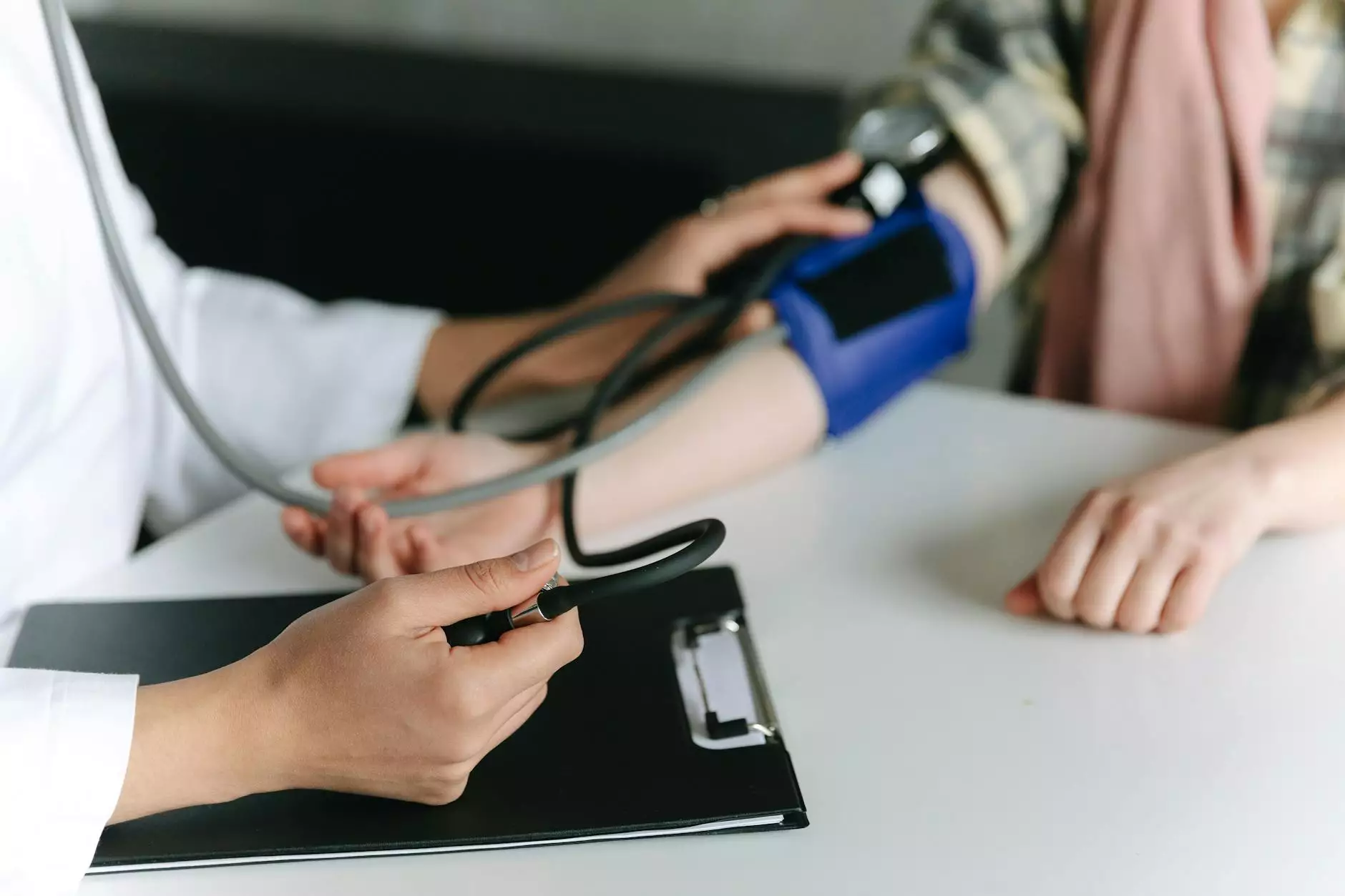Finding a Heart Specialist Near You: A Guide to Better Heart Health

When it comes to your health, finding a qualified heart specialist near you can make all the difference. The heart is an essential organ, and its health is paramount to your overall well-being. Heart disease remains one of the leading causes of death globally, making it crucial to be proactive in managing your heart health.
Understanding Heart Specialists
A heart specialist, or cardiologist, is a medical doctor who specializes in diagnosing and treating conditions related to the heart and blood vessels. Cardiologists undergo extensive training and education to understand the complexities of heart diseases and offer tailored treatment plans for their patients.
Types of Heart Specialists
There are several types of heart specialists, each focusing on specific aspects of heart health:
- Interventional Cardiologists: These specialists perform procedures to treat heart conditions, such as angioplasty.
- Electrophysiologists: They focus on the electrical systems of the heart and treat conditions like arrhythmias.
- Cardiac Surgeons: These professionals perform surgical procedures on the heart and related structures.
- Pediatric Cardiologists: They specialize in diagnosing and treating heart issues in children.
The Importance of Choosing a Local Heart Specialist
Having a heart specialist near you offers several advantages that can significantly impact your health outcomes:
- Accessibility: A local cardiologist can provide timely care and consultations, crucial for effective treatment.
- Follow-up Care: Regular follow-ups are essential for managing heart conditions, and being close to your specialist makes it easier.
- Emergency Situations: In the event of a heart-related emergency, having a local expert can be life-saving.
- Community Knowledge: Local specialists often understand the health trends and risk factors prevalent in your community.
Factors to Consider When Looking for a Heart Specialist Near You
Finding the right heart specialist involves several considerations:
Qualifications and Experience
Ensure that the cardiologist you choose is board-certified and has a robust background in treating heart diseases. Their experience should align with your specific health needs.
Treatment Philosophy
Cardiologists may have different approaches to treatment. Discuss their philosophy regarding patient care, lifestyle modifications, and medication management to ensure it aligns with your expectations.
Hospital Affiliations
Investigate the hospitals the specialist is affiliated with. High-quality hospitals often provide better diagnostic and treatment facilities, which can enhance your overall care.
Patient Reviews and Testimonials
Online reviews can offer valuable insights into the experiences of other patients. Look for testimonials that speak to the cardiologist's communication style, empathy, and effectiveness in treatment.
How to Search for a Heart Specialist Near You
Finding a heart specialist near me is easier than ever. Here are several methods to streamline your search:
- Online Directories: Websites like Healthgrades and Zocdoc allow you to search for cardiologists based on location, reviews, and ratings.
- Insurance Provider Lists: Check with your health insurance provider to find in-network cardiologists in your area.
- Referrals: Ask your primary care physician for recommendations based on your health history and needs.
- Local Hospitals: Visit the websites of local hospitals to find cardiologists who practice there.
Common Procedures Performed by Heart Specialists
Cardiologists perform various procedures that help in diagnosing and treating heart conditions. Here are some common ones:
- Electrocardiogram (ECG): A test that measures the electrical activity of the heart.
- Holter Monitor: A portable ECG device worn for a day or more to detect irregular heartbeats.
- Echocardiogram: An ultrasound of the heart that provides images for assessing its function.
- Cardiac Catheterization: A procedure to diagnose and treat certain heart conditions through imaging.
- Angioplasty and Stenting: A minimally invasive procedure to open narrowed blood vessels and restore blood flow.
Preventive Measures for Heart Health
In addition to seeking treatment, being proactive about heart health is crucial. Here are essential preventive measures:
- Regular Check-ups: Schedule routine evaluations with your heart specialist to monitor your heart health.
- Heart-Healthy Diet: Incorporate fruits, vegetables, whole grains, and lean proteins into your diet.
- Physical Activity: Engage in regular physical activity to maintain a healthy weight and improve cardiovascular health.
- Quit Smoking: If you smoke, seek resources to help you quit, as smoking significantly increases heart disease risk.
- Manage Stress: Incorporate relaxation techniques, such as meditation and yoga, to manage stress effectively.
Conclusion
Prioritizing your heart health is crucial, and finding a heart specialist near you is a significant step towards achieving that goal. Taking the time to research and select a qualified cardiologist can be instrumental in managing your heart health effectively. Remember, early detection and intervention can save lives. Stay informed about your heart health and don’t hesitate to seek professional help whenever necessary.
For expert heart care, visit mediglobus.com for more information.









